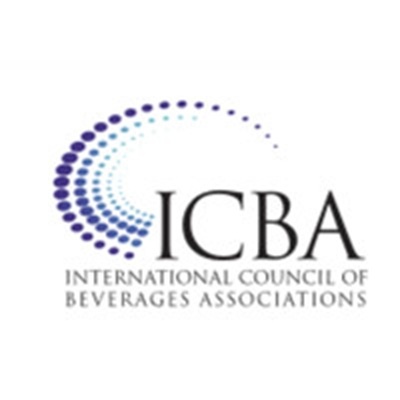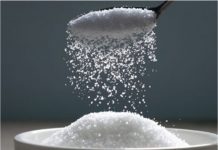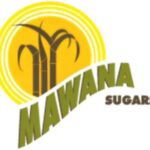The International Council for Beverages Associations (ICBA) has voiced strong concern over the World Health Organization (WHO)’s ongoing disregard of a decade of fact-based evidence demonstrating that taxing sugar-sweetened beverages has never led to improved health outcomes or decreased obesity in any country.
Kate Loatman, Executive Director of ICBA, made this statement in response to WHO’s recent call to increase taxes on sugar-sweetened beverages. He said, “It’s deeply concerning that the World Health Organization (WHO) continues to disregard over a decade of clear evidence showing that taxing sugar-sweetened beverages has never improved health outcomes or reduced obesity in any country. In fact, the WHO itself has repeatedly concluded that such taxes are not the best or most effective measure to address these complex issues.”
“The beverage industry continues to advance collaborative and innovative solutions like broadening access to low- and no-sugar beverage options, supporting transparent labeling, and upholding the highest standards for responsible marketing. By working together on these proactive measures, we can deliver real, measurable progress toward global health priorities,” Loatman further added.
The International Council of Beverages Associations (ICBA) is a global nongovernmental organization founded in 1995 that advocates for the interests of the non-alcoholic beverage industry worldwide. Its membership includes national and regional beverage associations as well as multinational beverage companies operating in over 200 countries and territories. These members produce, distribute, and sell a wide range of non-alcoholic beverages, including sparkling and still drinks such as soft drinks, sports and energy drinks, bottled waters, flavored and enhanced waters, ready-to-drink teas and coffees, 100% fruit or vegetable juices, nectars and juice drinks, and dairy-based beverages.
Recently, WHO launched a major new initiative urging countries to raise the real prices of tobacco, alcohol, and sugary drinks by at least 50% by 2035 through health taxes. This move is designed to curb chronic diseases and generate critical public revenue. The “3 by 35” Initiative targets tobacco, alcohol, and sugary drinks to boost funding for health and development.

















